Metaphor: ReFantazio - 5 Features That Distinguish It from Shin Megami Tensei
2024-10-14 14:40:21Source:40407Author:40407
Early impressions indicate that Metaphor: ReFantazio not only meets the high expectations set for it but also exceeds them, establishing itself as a potential classic that gamers will cherish for years. With its captivating blend of high fantasy adventure and innovative gameplay mechanics, this title is sure to attract fans of RPGs, JRPGs, and narrative-driven games alike.
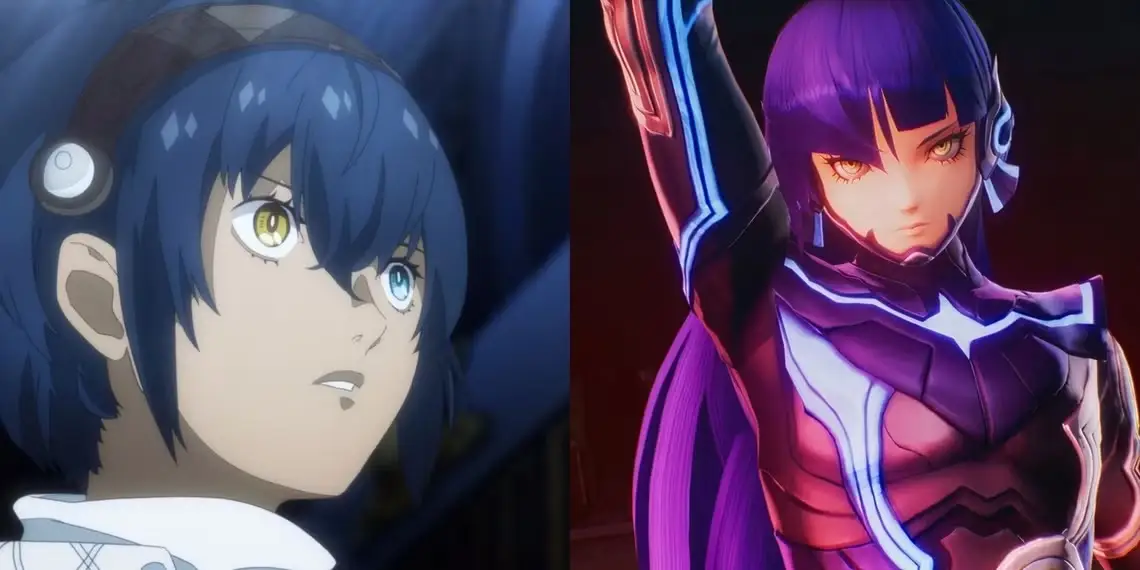
However, Metaphor: ReFantazio isn't Atlus' first success story, nor is it their first foray into redefining genres. Among the standout titles in Atlus' lineup is the Shin Megami Tensei series, a long-standing franchise featuring numerous main entries and spin-offs. While Metaphor: ReFantazio carries the Atlus trademark, evident in its similarities to the iconic demon-collecting series, it also introduces several notable differences.
5. A Distinct Fantasy Setting
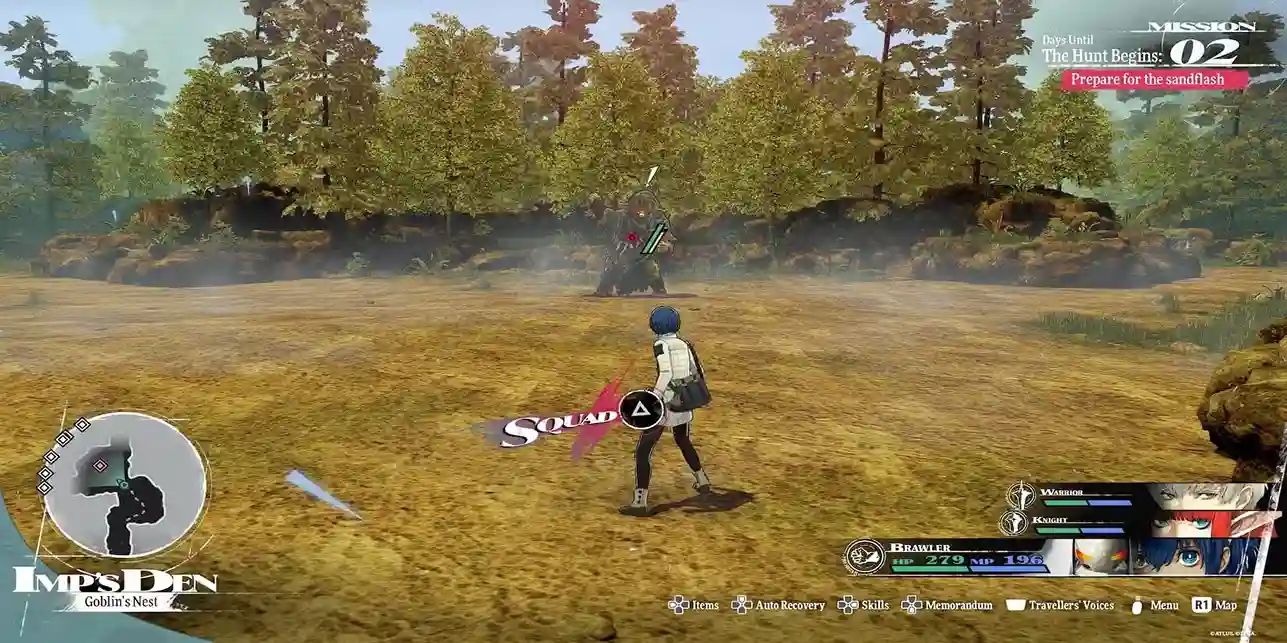
Unlike the Shin Megami Tensei games and their vibrant counterpart series, Persona, which are primarily set in Tokyo, Metaphor: ReFantazio transports players to a unique fantasy world known as Euchronia. This realm is inhabited by diverse Tribes, each representing distinct cultures and peoples. While Shin Megami Tensei offers a focused, familiar environment, the geographical and cultural richness of Metaphor: ReFantazio stands out as one of its major strengths.
4. A Revamped Combat System
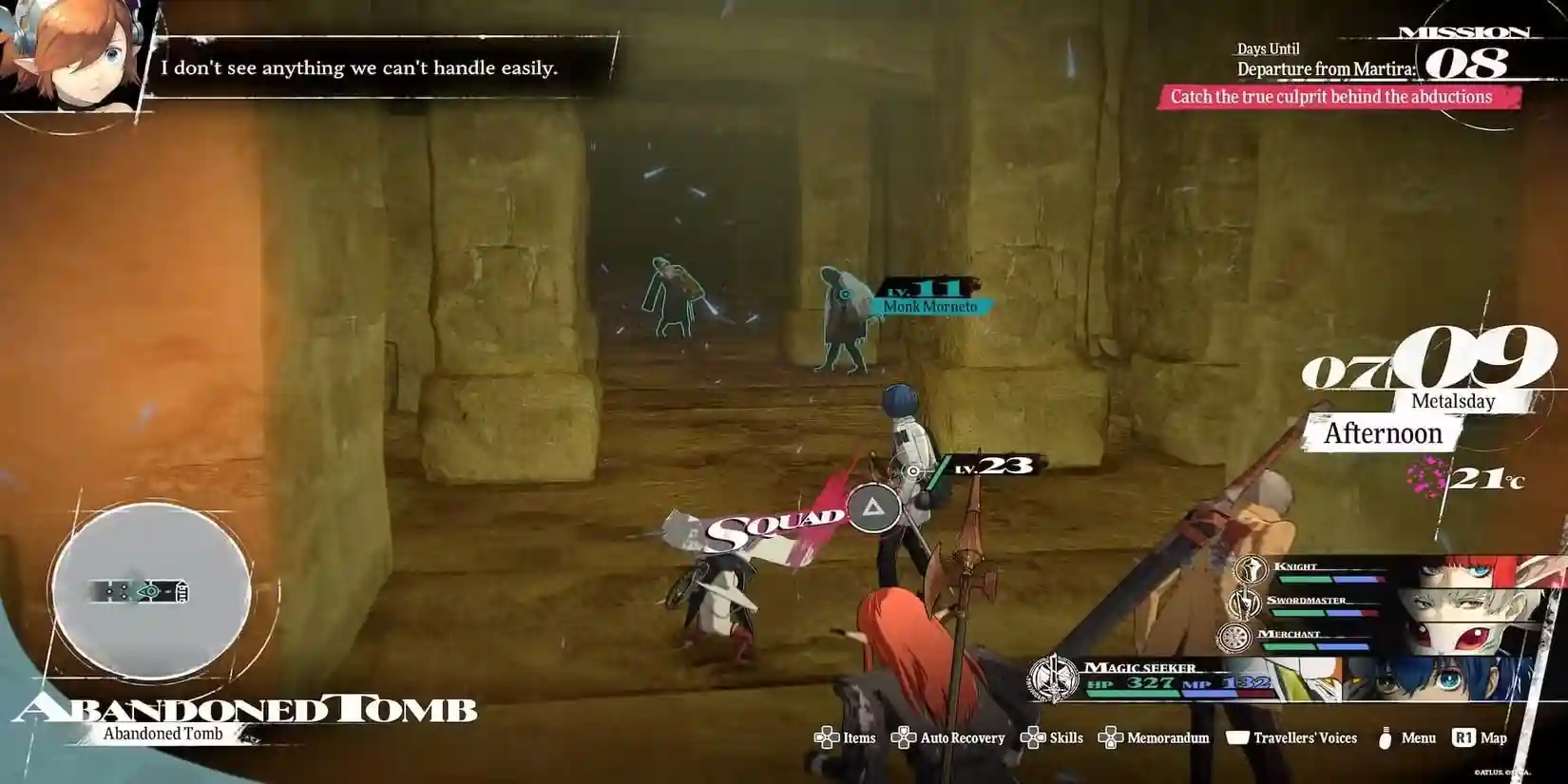
Shin Megami Tensei has traditionally featured turn-based combat since its debut on the Super Famicom. Although the combat mechanics have evolved over the years, core principles—such as the intricate rock-paper-scissors dynamic involving elemental strengths and weaknesses—have remained consistent. This complexity has contributed to the series' reputation for challenging gameplay.
In contrast, Metaphor: ReFantazio introduces a more dynamic combat approach, beginning in real-time within the overworld. Initially, attacks focus on depleting enemies' break gauges instead of their health points. Once an enemy's break gauge is exhausted, they become vulnerable to traditional turn-based combat, blending tactical elements with a lively combat experience.
3. Stronger Focus on Companions
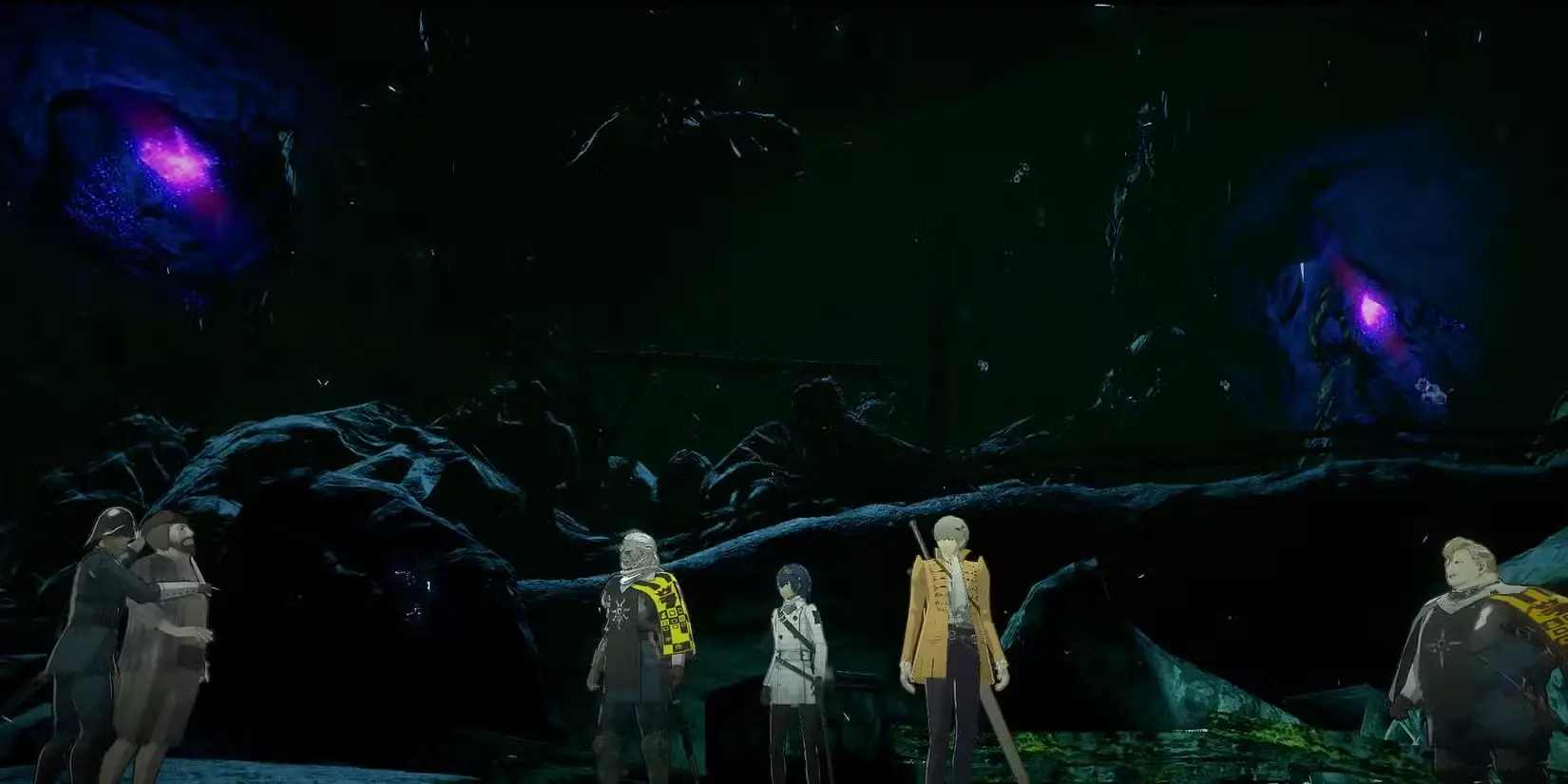
Typically, Shin Megami Tensei titles are marked by their serious tone and philosophical themes. Players encounter a few memorable characters, often represented by the trademark unhinged remake protagonist or someone articulating their philosophical viewpoints. However, character relationships take a backseat to the overarching narrative.
In Metaphor: ReFantazio, players can prioritize relationships with companions, enhancing their favor toward the protagonist and boosting their effectiveness in battles. This system aligns more closely with the Persona games, though it notably omits romantic elements. This focus reflects the narrative emphasis on a ruler building alliances rather than exploring youthful relationships.
2. Navigating the Game World
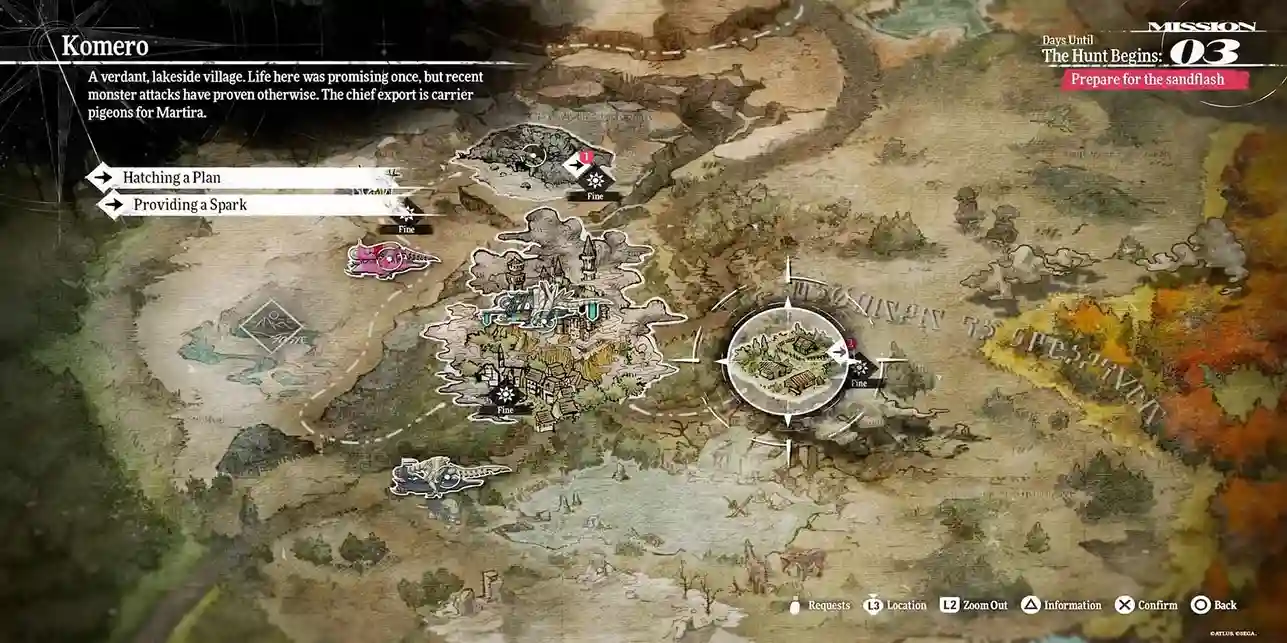
Shin Megami Tensei has never fully embraced an open-world format. Recent entries, such as Apocalypse and Vengeance, have offered semi-open environments, allowing exploration of expansive areas, each designated as separate zones. This design can be traced back to earlier titles, which featured distinct sections for traversal.
In contrast, Metaphor: ReFantazio employs the airship known as the Gauntlet to transport players between various regions and their corresponding dungeons, shifting the focus from isolated zones to interconnected locations throughout the kingdom.
1. An Engaging Class System
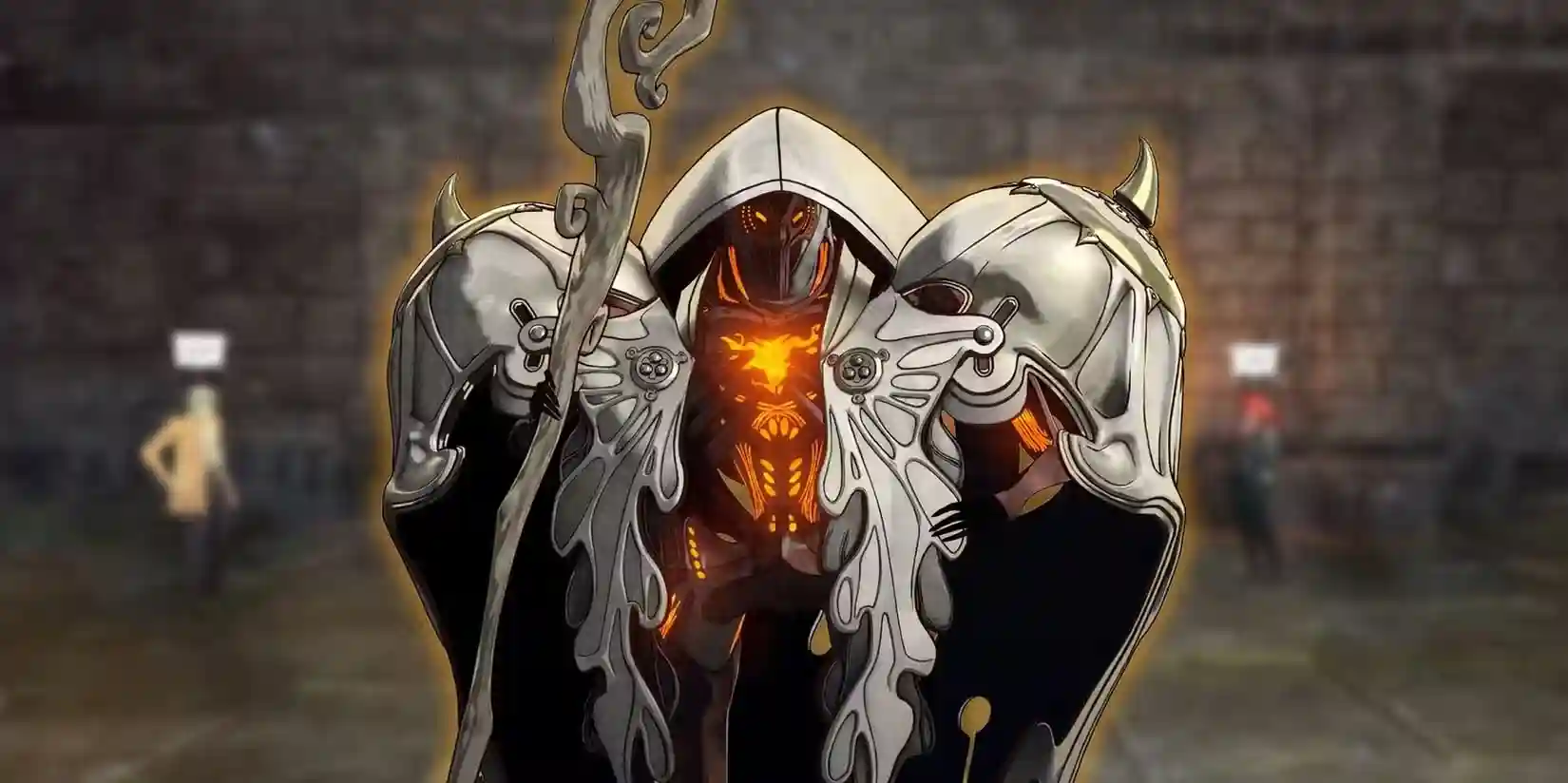
Shin Megami Tensei lacks a formal class system, allowing players to customize their character’s skills through stat allocation upon leveling up. Meanwhile, demon companions possess preset attributes that grow as they level. Titles like Strange Journey even enable players to specialize in magic, despite the protagonist lacking magical abilities—an interesting design choice.
Metaphor: ReFantazio, on the other hand, adopts a more structured approach akin to the Persona archetype system. With 46 Archetypes spread across 15 classes, the game merges Atlus’ unique style with classic high fantasy roles, offering players more avenues for customization and strategy.
These distinct features make Metaphor: ReFantazio an exciting addition to the RPG landscape, setting it apart from its predecessor, Shin Megami Tensei, while still carrying the hallmark quality that fans have come to expect from Atlus.
Related Articles
-

The Best Casino App with Fast Withdrawals In 2024
2024-11-27
-
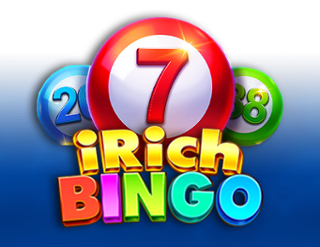
A Comprehensive Guide to Playing and Winning at IRch Bingo Games
2024-11-27
-

Best Online Casino Slots For Real Money In 2024(Update)
2024-11-26
-

Play Casino Online And Win Real Money
2024-11-26
-

The Best Online Casinos USA Real Money For You
2024-11-26
-

Exploring Naga888: Gameplay, Strategies, and Promotions
2024-11-26
-
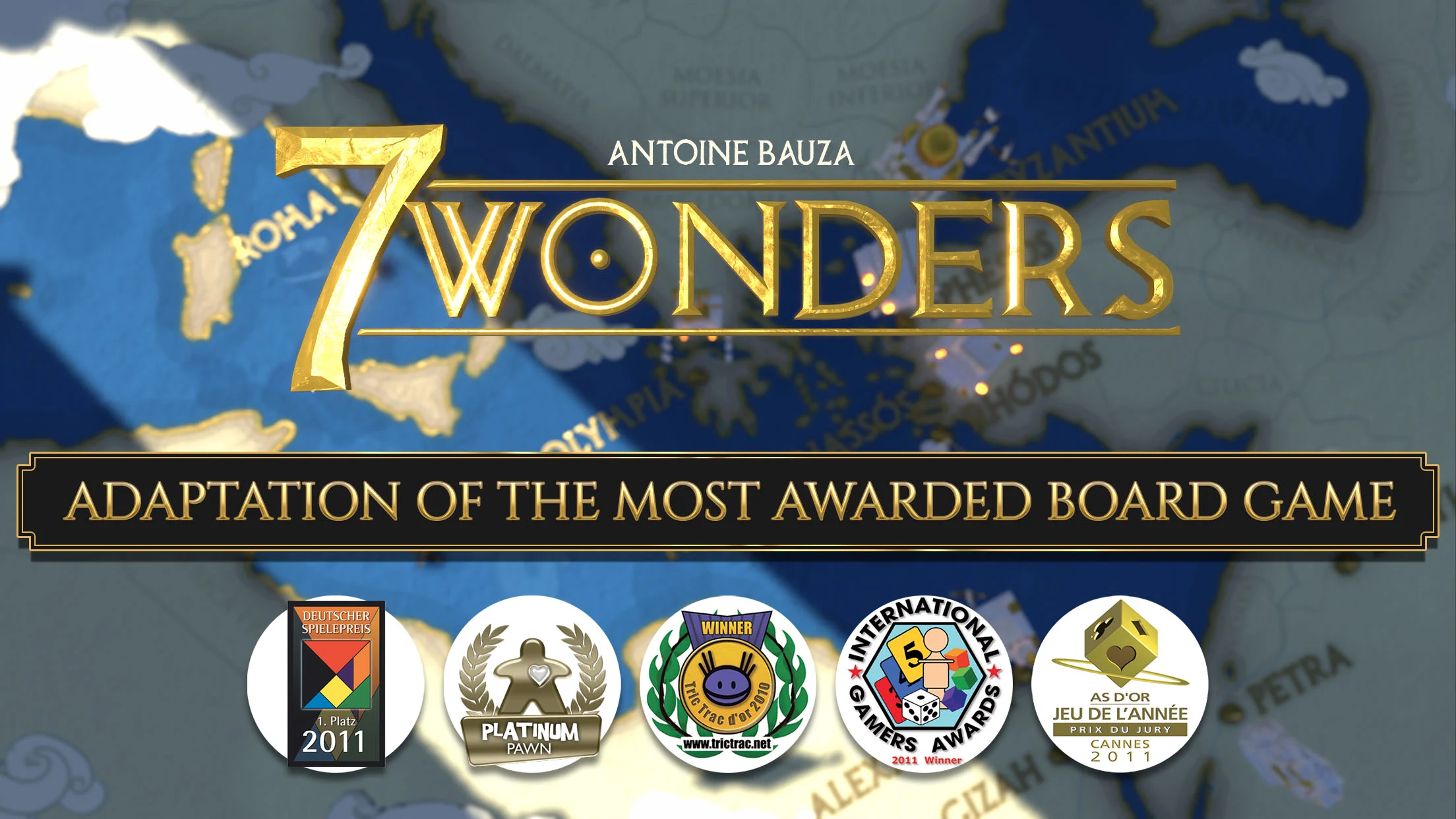
How To Play 7 Wonders — Rules Summary
2024-11-25
-

91 club Gift Code Free 2024 today
2024-11-22
-

What is 91 Club Invite Code?
2024-11-22
-
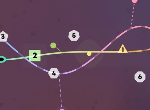
The meditative puzzle game 'Ouros' is now open for pre-orders.
2024-11-13


